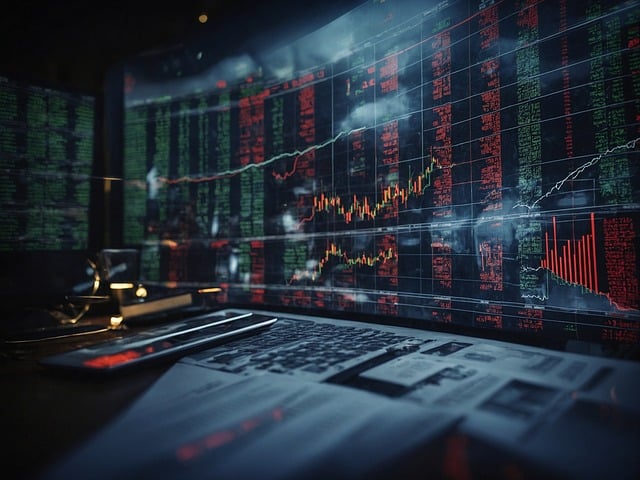Singapore’s carefully crafted economic policies have played a significant role in shaping the country’s position as a global financial powerhouse. These policies have a direct and often profound impact on foreign exchange (forex) trading, influencing how currencies are traded both within the country and internationally. This article takes a closer look at how these economic strategies affect the forex market, offering insights into the ways in which national economic decisions can drive currency fluctuations.
A key feature of Singapore’s economic landscape is its highly structured regulatory system, coupled with open-market practices and strong international trade relations. Together, these factors help to create a bustling environment for forex trading. The Monetary Authority of Singapore (MAS), which serves as both the central bank and financial regulator, plays an essential role in shaping these policies. Through its management of the Singapore dollar, MAS ensures that the country’s forex market operates smoothly while supporting broader economic stability.
One of the primary ways in which Singapore’s economic policies affect forex trading is through the country’s approach to inflation control. MAS takes a unique stance by using the exchange rate as its main tool for managing inflation, rather than focusing on interest rates like many other central banks. This approach means that forex traders need to closely monitor any moves by MAS that might influence the Singapore dollar’s value. A stable Singapore dollar, often considered a safe bet in turbulent times, draws in forex traders looking to reduce risk while still capitalizing on trading opportunities.
Singapore’s open trade policies also contribute to the dynamism of its forex market. The country functions as a free port, meaning that there are minimal restrictions on imports and exports. This open trading environment results in a high volume of currency flows, creating both volatility and trading opportunities in the forex market. As Singapore continues to expand its trade networks and sign free trade agreements, the impact on currency exchange becomes even more pronounced. Traders who are active in forex markets must pay attention to Singapore’s trade figures and global economic indicators, as these are often reliable predictors of currency shifts.
Foreign direct investment (FDI) is another critical aspect of Singapore’s economic policy that affects forex trading. The Singaporean government has long focused on attracting foreign investments, which strengthens the local economy and increases demand for the Singapore dollar. For forex traders, this can create significant opportunities. A rise in FDI typically signals a stronger domestic currency, making it an ideal time for traders to consider positions that take advantage of the increased value of the Singapore dollar. Those who can anticipate or accurately predict these investment trends often find themselves ahead of the curve when it comes to trading in the forex market.
In addition to FDI, Singapore’s overall financial market development strategies significantly contribute to the robustness of its forex market. By fostering a transparent and well-regulated financial sector, the government instills confidence in global investors and traders alike. This confidence, in turn, boosts liquidity in the forex market, making it easier for traders to execute large-volume trades without dramatically influencing currency prices. A market with high liquidity is attractive to traders because it provides more flexibility and better pricing, both of which are essential for successful forex trading.
Navigating the volatility of forex trading in Singapore requires sharp risk management skills. The influence of Singapore’s economic policies can sometimes lead to sudden shifts in currency values, which traders need to be prepared for. Implementing risk management strategies, such as using stop-loss orders, can help minimize potential losses during times of market unpredictability. Staying informed about upcoming policy announcements or economic changes is also key to maintaining a solid trading strategy in this environment.


